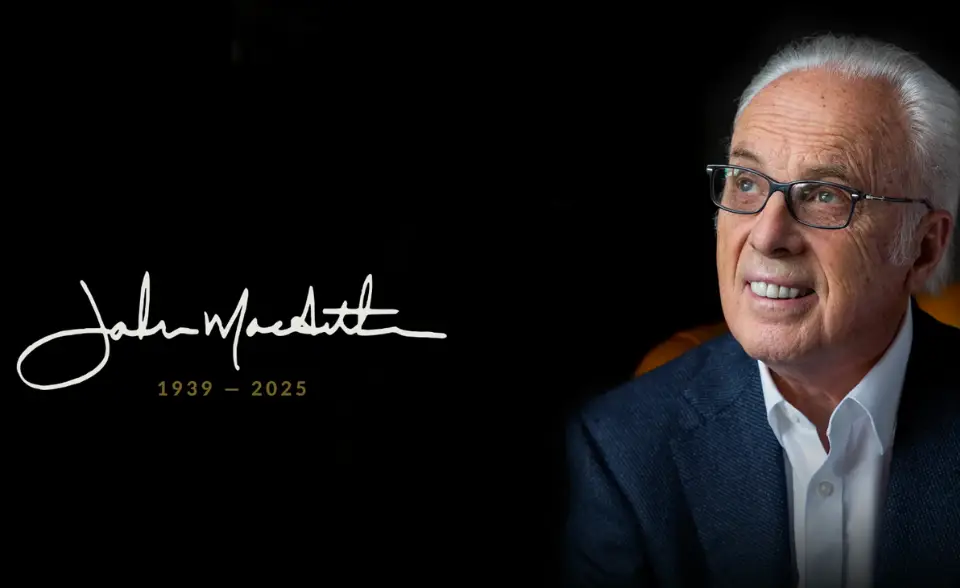Yesterday, I watched a video of Kirk Cameron attempting to explain his take on Genesis 12:1-3, especially as it regards the contemporary allegiance to the nation of Israel (see here). Cameron played a clip from a discussion between Ted Cruz and Tucker Carlson in which Senator Cruz quoted (loosely) Genesis 12:1-3, mostly v.3. Kirk Cameron went on to attempt to clarify the passage that Senator Cruz quoted, stating that the meaning Cruz assigned to that passage was not accurate. The net result of Cameron’s thinking is that the modern state of Israel is not the Israel of Genesis 12:1-3 because Genesis 12:1-3 does not refer to Israel, but only to Abraham.
Although his take is a unique one, the underlying premise is not. As Jesus might say, “You err not knowing the Scriptures, nor the power of God.” The Scriptures explain clearly what is meant in Genesis 12:1-3, the Kingdom of Israel, and the postponement of the Kingdom. Although the confusion shrouds the clarity of the Scripture, the clarity is there nonetheless.
Genesis 12:1-3
12:1 And Yahweh said to Abram,
“Go forth from your land,
And from your kin
And from your father’s house,
To the land which I will show you;
2 And I will make you a great nation,
And I will bless you,
And make your name great;
And so you shall be a blessing;
3 And I will bless those who bless you,
And the one who curses you I will curse.
And in you all the families of the earth will be blessed.” (Genesis 12:1–3, LSB)
Due to the scope of this article, it is not possible to fully develop what this passage means in every detail. However, we can summarize it and refer to other passages that help develop its clear meaning.
In context, this text is on the heels of Genesis 1-11. That section of Scripture contains the creation, the fall, the flood, the Tower of Babel, and various other details leading up to the days of Abraham. But, it is to Abraham that God speaks in Genesis 12:1-3.
It is around 2000 B.C. Abraham has been called out of Ur, a bustling town in the Southern regions of modern day Iraq. He is currently en route to a land that he was told would be shown to him by YHWH. But, while in Haran, a few hundred miles north of the promised land, Abraham receives this promise. And, it is a promise, a promise from YHWH to Abraham.
The summary of the promise contains the following:
- I will make you a great nation (v.2)
- I will bless you (as a nation) (v.2)
- I will bless and curse those who bless and curse you (as a nation) (v.3).
There are supporting elements to this passage. The supporting elements are as follows:
- Abraham will go to a designated land (v.1).
- Abraham’s name will be significant (v.2).
- In Abraham, the other nations of the earth will be blessed (v.3).
The overall effect of what YHWH told Abraham is that Abraham, through his own biological progeny will become a great nation. And, through the work of YHWH, that nation will be supreme on the earth, and will bless other nations. Those who resist Abraham, and this promise from God, will be cursed. Those who bless Abraham, and this promise from God, will be blessed.
It is in the national constitution of the descendants of Abraham that YHWH will live in the land, give Abraham a great name, and will bless other nations.
Replacement, Fulfillment, Or??
Kirk Cameron’s take on the passage was that the name “Israel” does not appear in the above passage, the same passage Senator Cruz roughly quoted. It is Abraham’s name that is mentioned. And, since those in the church are called Abraham’s sons (Galatians 3:6-7), whether Jews or Greeks, and since not all biological Israel believes in Christ, then Genesis 12:1-3 cannot refer to Israel, but to believing Jews (individually), and the church.
The assumption, and outright statement, of Cameron is that the church was always in view, and the nation of Israel, to which he refers as a political entity, is not. In effect, Israel is done for, and will not be the source of blessing, or cursing, for other nations depending upon how they treat Israel.
The Problem
The problem with Cameron’s view is that he has already made some assumptions that he uses as tools of interpretation.
The first assumption is that Israel only refers to those who believe in YHWH. Although it is true that only those biological Jews who believe in YHWH are truly Israel, the other side to that reality is that even those who were unbelieving were called “Israel” in Scripture (Romans 11:2,7 et al).
The second is that the reference to Abraham is limited to Abraham. It is true that God is speaking to Abraham. But what God said is that He will make Abraham a great nation. Abraham’s descendants are biological Jews, the Hebrews from Judea. It is this national fact to which YHWH refers when He told Abraham that He was going to bless the other nations. In other words, Abraham is the source of the nation in which the world will be blessed.
Third, equating the church with national Israel in that passage tips his hand as buying into a conclusion before the facts are determined. This is typical from the Reformed camp of Evangelicalism. The desire to be devotionally credible leads to sloppy exegesis.
Besides, Paul quotes and refers to this passage many times in his writings, and never does he equate this passage with the church. Rather, Paul says that the church is a group of many nations who are blessed through this promise through Abraham and his descendents. This promise to Abraham is the same promise that YHWH made to Christ as well (Galatians 3:16). But, as the context shows, the existence of the nation of Israel, which was formed by a common covenant and Law, does not negate the promise.
Conclusion
No. Israel is not the church, and the church is not Israel. It is true that those who are Jews biologically, and who believe in the Messiah, are sons of Abraham through and through since they reflect the faith of Abraham. But, a Gentile reflecting the faith of Abraham is not made a Jew, but is simply reflecting the faith of Abraham and that is as far Scripture allows us to take things.


